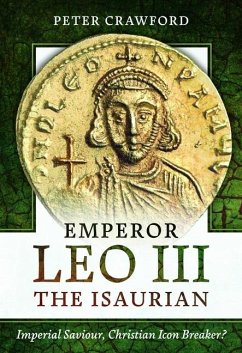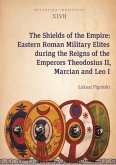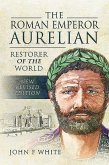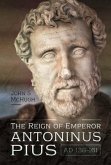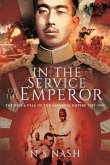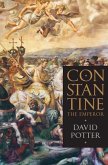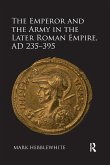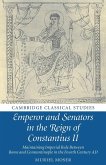The Roman Empire (long since ruled from Constantinople) was in a perilous and tumultuous position in the early eighth century. Surrounded by expansionist enemies, most notably the Muslim Arab Umayyad Caliphate but also the Khazars, Slavs, Avars, Bulgars and Lombards, it was also riven by religious controversy and internal political instability. When a plot brought Leo III to the throne in 717, he was the fourth Emperor since Justinian II's assassination six years earlier. Within weeks of his accession he was faced with the year-long siege of his capital by the Arabs. The siege was eventually broken (with the help of the secret weapon, Greek fire) but was only the first of many crises Leo faced in his twenty-four-year reign.His tenure saw a number of rebellions, and Peter Crawford considers how Leo dealt with these (and the extent to which his own policies caused them). Space is given to the great religious development of his reign, the initiation of Iconoclasm, its impact on the empire and its tainting of the reputation of Leo and much of his dynasty. He also considers various aspects of Leo's administration: coinage, provincial infrastructure, civil law and foreign policy. This is a thorough and fascinating reassessment of a ruler who brought the Empire from the brink of extinction and maintained it through a time of real crisis.
Bitte wählen Sie Ihr Anliegen aus.
Rechnungen
Retourenschein anfordern
Bestellstatus
Storno

